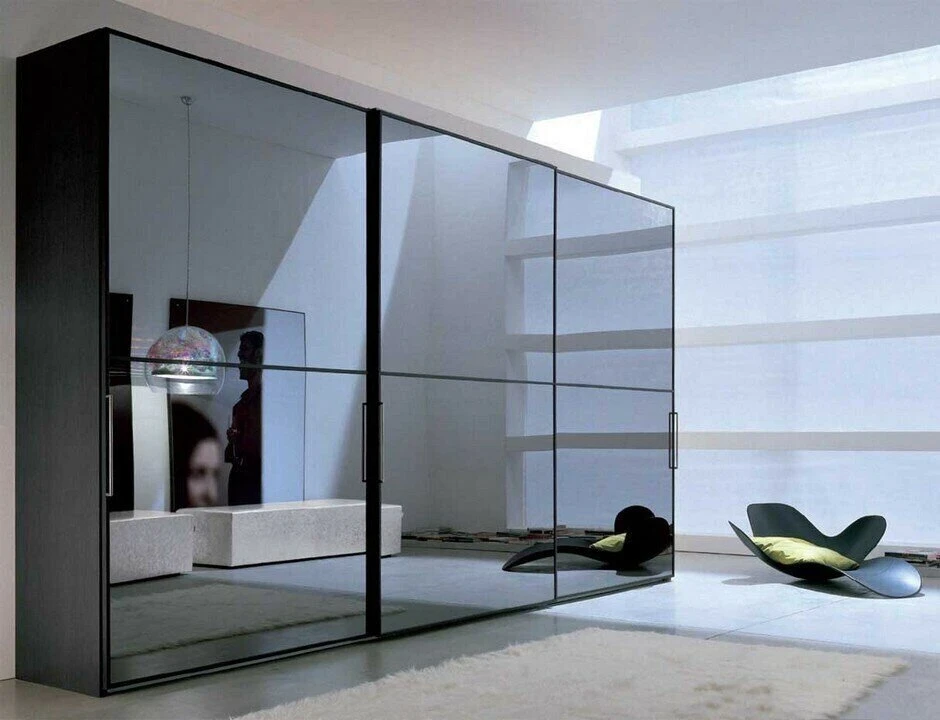

Understanding 3mm Float Glass Characteristics, Applications, and Benefits
Float glass, an essential material in both construction and manufacturing, is known for its clarity, flatness, and lower production cost compared to other glass types. One common thickness of float glass is 3mm, which exhibits various properties that make it particularly useful in a wide range of applications.
What is 3mm Float Glass?
3mm float glass is glass that has undergone a unique production process known as the floating process. In this method, molten glass is poured onto a bed of molten tin, allowing it to spread out and settle into a perfectly flat sheet. This technique eliminates the need for grinding and polishing, resulting in a smooth and even surface. The thickness of 3mm makes it lightweight and sufficiently durable for many applications.
Characteristics of 3mm Float Glass
One of the primary characteristics of 3mm float glass is its optical clarity. The manufacturing process ensures a clear, distortion-free surface, making it an ideal choice for applications where visibility is paramount. Additionally, float glass possesses good chemical resistance and can withstand various environmental conditions. While 3mm is relatively thin, it is adequately strong for many everyday uses, especially when used in conjunction with other materials.
Another significant feature is its lightweight nature. At just 3mm thick, this type of glass is easier to handle, transport, and install compared to thicker glass varieties. This reduces labor costs and makes it a convenient option for many projects. Moreover, float glass is also UV light-transmitting, which can be beneficial in settings like greenhouses.
Applications of 3mm Float Glass
The versatility of 3mm float glass allows it to be used in a variety of applications. One of the most common uses is in windows, especially in residential and commercial buildings. Due to its clarity and thermal properties, it helps in maintaining energy efficiency by allowing natural light while insulating against external temperatures.

In addition to windows, 3mm float glass is utilized in furniture design. It is frequently used as a tabletop surface, providing a modern look while remaining easy to clean and maintain. Moreover, its lightweight nature makes it a popular option for shelving and cabinetry, allowing for smooth and aesthetically pleasing presentations.
Another significant application of 3mm float glass is in decorative items, including mirrors and glass partitions. In the case of mirrors, the float glass can be coated to produce a reflective surface, making it suitable for both functional and decorative purposes. Glass partitions, particularly in office spaces, use 3mm float glass to create an open and airy environment, benefiting from natural light without compromising privacy.
Benefits of Using 3mm Float Glass
Opting for 3mm float glass provides several benefits. Firstly, its cost-effectiveness makes it accessible for a wide range of projects. Since manufacturing processes for float glass have been optimized, the production costs are usually lower, translating to savings for the consumer.
Furthermore, the glass's lightweight composition not only simplifies installation but also reduces shipping and handling costs. Additionally, its versatility allows architects and designers the freedom to experiment with innovative styles without the constraints often imposed by heavier materials.
When properly treated, 3mm float glass can also enhance safety. For example, laminated versions can be produced by sandwiching a layer of plastic between two sheets of glass, preventing shattering and minimizing injury risks.
Conclusion
In summary, 3mm float glass stands out as a highly functional and versatile material suitable for various applications, ranging from construction to interior design. Its lightweight nature, optical clarity, and cost-effectiveness make it a favored choice among builders and designers alike. Whether for windows, furniture, or decorative elements, 3mm float glass continues to be a reliable option that enhances both aesthetic appeal and practicality in countless projects. As technology advances, the role of float glass in our daily lives is likely to expand, solidifying its status as a staple material in modern design and architecture.